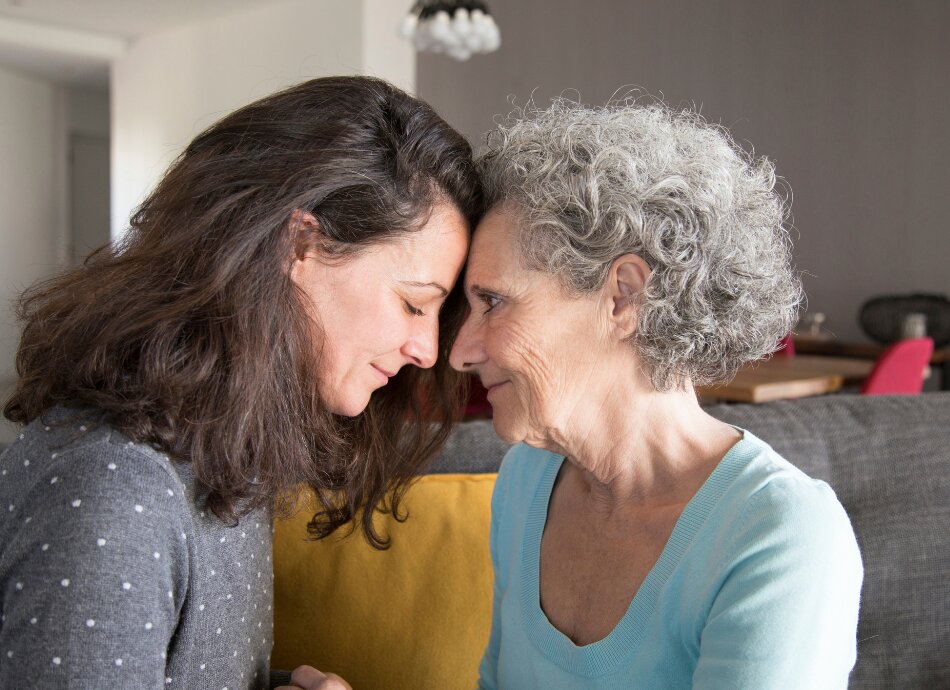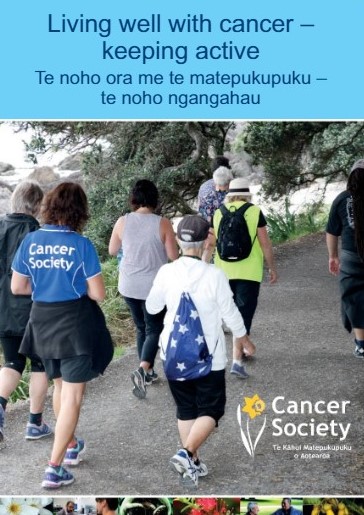Stomach cancer, also known as gastric cancer, develops when abnormal cells in your stomach grow in an uncontrolled way. If it is not found and treated early, stomach cancer can spread to other parts of your body.
Low or no data? Visit zero.govt.nz, scroll down the page then click on our logo to return to our site and browse for free.
Stomach cancer
Also known as gastric cancer
Key points about stomach cancer
- Stomach cancer is a type of cancer that starts in your stomach.
- If it is not found and treated early, stomach cancer can spread to other parts of your body.
- The chance of getting stomach cancer increases with age and is most often found in people who are 50 years and older.
- There are some signs and symptoms of stomach cancer to watch out for. Read more below.
- The treatment for stomach cancer depends on the type and stage (how far it has spread), the severity of your symptoms and your general health and preferences.

The chance of getting stomach cancer increases with age and is most often found in people who are 50 years and older. Stomach cancer is more common in males than in females and is more common among Māori and Pasifika peoples.
Anything that can increase your risk of cancer is called a risk factor. Having one or more of these risk factors does not mean that you will definitely develop stomach cancer.
Some of these risk factors can't be changed (eg, older age); others can (eg, diet).
The risk factors for stomach cancer are:
- infection with the bacteria Helicobacter pylori
- a diet high in salty and smoked foods
- a diet low in fruits and vegetables
- drinking alcohol
- smoking
- infection with Epstein-Barr virus
- being over 50 years of age
- having a family history of stomach cancer
- having an inherited genetic condition that increases your risk
- long-term stomach inflammation (gastritis)
- having pernicious anaemia.
There may be no warning signs that you have stomach cancer. Some signs and symptoms of stomach cancer may include:
- feeling full or bloated, even after a small meal
- stomach pain or burning feeling
- difficulty swallowing/regurgitation of undigested food
- nausea and/or vomiting (feeling and/or bein sick)
- swelling of your abdomen
- black-coloured faeces (poo)
- loss of appetite and/or weight loss
- unexplained tiredness or fatigue.
Although these symptoms are usually caused by conditions other than cancer, it's important to get them checked by your doctor as soon as possible.
Usually the first test used to look for stomach cancer is called a gastroscopy. A gastroscopy is done using a long, thin, flexible tube containing a camera and a light to examine your stomach. If, during the gastroscopy, the person doing the procedure sees an area that looks suspicious, they may remove a small amount of tissue from your stomach. This is called a biopsy. The tissue is then looked at more closely under a microscope.
If stomach cancer is diagnosed, some more tests may be done to find out if the cancer has spread anywhere else in your body. These tests may include blood tests, radiological imaging tests (such as a CT scan, MRI scan or x-ray) and/or laparoscopy (a procedure that lets the doctor see inside your abdomen).
If you are found to have stomach cancer you will be referred to a specialist. A team of health professionals will look after your care.
The treatment for stomach cancer depends on the type and stage (how far it has spread), the severity of your symptoms, your general health and preferences.
Surgery (to remove all or part of your stomach) and chemotherapy (medicines to destroy cancer cells) are the main treatment for stomach cancer. Other treatments, including radiotherapy (radiation to destroy cancer cells), may be recommended.
The following links provide further information about stomach cancer. Be aware that websites from other countries may have information that differs from New Zealand recommendations.
Gut Cancer NZ(external link)
Resources
Living well with cancer – eating well [PDF, 5.5 MB] Cancer Society, NZ, 2020 English/te reo Māori [PDF, 5.5 MB]
Living well with cancer – keeping active [PDF, 2.4 MB] Cancer Society, NZ, 2020 English/te reo Māori [PDF, 2.4 MB]
Supporting someone with cancer [PDF, 3 MB] Cancer Society, NZ, 2015
Telling others about your diagnosis(external link) Cancer Society, NZ, 2019
Cancer clinical trials(external link) Cancer Society, NZ, 2010
Side effects – constipation, diarrhoea and wind(external link) Cancer Society, NZ, 2019
Side effects of cancer treatment – eating and mouth problems(external link) Cancer Society, NZ, 2020 English(external link), te reo Māori(external link)
Coping with fever and nausea(external link) Cancer Society, NZ, 2019
Managing cancer pain(external link) Cancer Society, NZ, 2020
Side effects – managing hair loss(external link) Cancer Society, NZ, 2019
If you have trouble sleeping(external link) Cancer Society, NZ, 2019
Brochures

Cancer Society, NZ, 2020
English/te reo Māori

Cancer Society, NZ, 2020

Cancer Society, NZ, 2015
Credits: Used with permission from Te Aho o Te Kahu | The Cancer Control Agency
Reviewed by: Healthify editorial team. Healthify is brought to you by Health Navigator Charitable Trust.
Last reviewed:
Page last updated:





